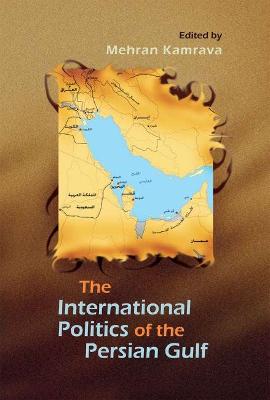Modern Intellectual and Political History of the Middle East
1 total work
For much of the contemporary history of the Middle East, the Persian Gulf has stood at the center of the region's strategic significance. At the same time, the Gulf has been wracked by political instability and tension. As far back as the late nineteenth and early twentieth centuries, Britain zeroed in on the Persian Gulf as a critical passageway to its crown jewel, India, and entered into protectorate agreements with local ruling families, thus bestowing on them international legitimacy and, eventually, the resources and support necessary to ascend to kingships. Today, the region is undergoing profound changes that range from rapid economic and infrastructural development to tumultuous social and cultural transformations. Far from eroding the area's political significance, these changes have only accentuated rivalries and tensions and have brought to the forefront new challenges to international security and stability.
Together, the essays in this volume present a comprehensive, detailed, and accessible account of the international politics of the region. Focusing on the key factors that give the Persian Gulf its strategic significance, contributors look at the influence of vast deposits of oil and natural gas on international politics, the impact of the competing centers of power of Iran and Saudi Arabia, the nature of relationships among countries within the Persian Gulf, and the evolving interaction between Islam and politics. Throughout the collection, issues of internal and international security are shown to be central.
Drawing on the comprehensive knowledge and experience of experts in the region, The International Politics of the Persian Gulf shines a bright light on this area, offering insights and thoughtful analyses on the critical importance of this troubled region to global politics.
Together, the essays in this volume present a comprehensive, detailed, and accessible account of the international politics of the region. Focusing on the key factors that give the Persian Gulf its strategic significance, contributors look at the influence of vast deposits of oil and natural gas on international politics, the impact of the competing centers of power of Iran and Saudi Arabia, the nature of relationships among countries within the Persian Gulf, and the evolving interaction between Islam and politics. Throughout the collection, issues of internal and international security are shown to be central.
Drawing on the comprehensive knowledge and experience of experts in the region, The International Politics of the Persian Gulf shines a bright light on this area, offering insights and thoughtful analyses on the critical importance of this troubled region to global politics.
